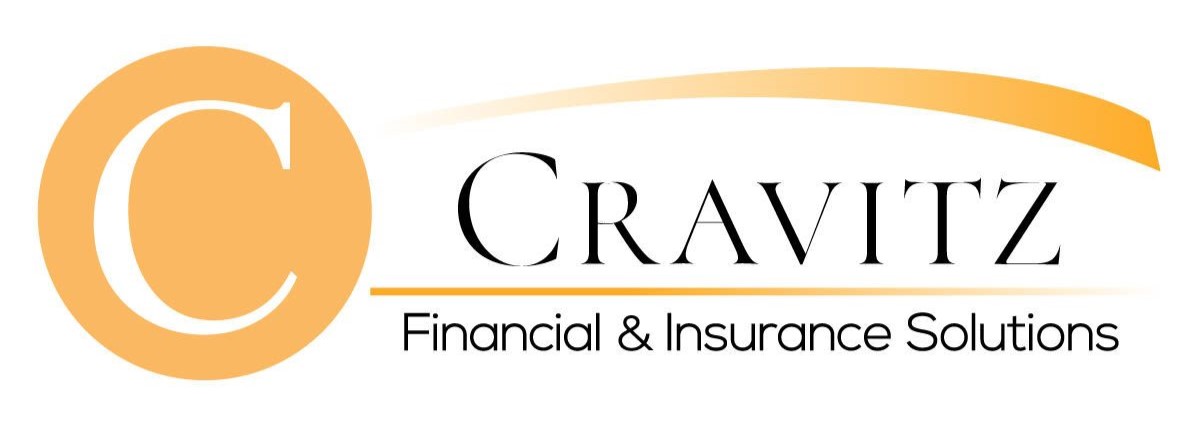Can You Make a Deductible IRA Contribution For 2022?
It depends on several things including whether you or your spouse have earned income, whether you've contributed to a Roth IRA, and whether you or your spouse have access to a company sponsored retirement plan. If you do have access to a company sponsored retirement plan like a 401(k) then it depends on your Modified Adjusted Gross Income.
Full Transcript:
Can you contribute to a Traditional IRA for tax year 2022 and get a tax deduction? That's what we're going to take a look at here together. I'm going to make this super simple. I've got a nice, little flow chart, so we'll just walk through this here together.
All right. The first question that we need to answer is did either you or your spouse have earned income? If not, only can you not get a tax deduction, but you can't even make a contribution at all. Either you or your spouse, if you're married, have to have earned income. Assuming that you do, assuming that you are working, let's say, then the next question is did you make a contribution to a Roth IRA? If the answer is yes, then you can only make possibly a partial contribution or maybe no contribution at all, depending upon how much you contributed to that Roth IRA.
Now, if the answer is no though, and we'll come back to that in just a second, if the answer is no though, that you did not contribute to a Roth IRA, you can make a contribution up to $6,000 or up to $7,000 if you're fifth year or over, not to exceed your earned income for the year. That's important because I talk to a lot of people that are retired, but maybe working a little bit. Maybe you're making $5,000 in retirement and you figure, "Hey, I want to go ahead and contribute the $7,000 to a Traditional IRA. I'm over 50." You can't do it because you can only contribute up to the amount of your earned income. In that case, you can only contribute up to $5,000. All right, but if you made 50,000, a 100,000, whatever amount above these limits here, then you can go ahead and you can make that contribution.
Next question though is what is your tax filing status? Let's say you're single. If you're single, next question is are you an active participant in an employer-sponsored retirement plan? What is an employer-sponsored retirement plan? That's like a 401(k). If you have like a 401(k) at your work, then the next question is what is your MAGI, your modified adjusted gross income? If it's 78,000 or more, then no deduction is allowed. If it's between 68 and 78,000, a partial deduction is allowed. If it's 68,000 or less, you can deduct the full amount. Now, let's say that you don't have access to a 401(k), you don't have access to a employer-sponsored retirement plan and you're single, then you can deduct the full contribution. Okay?
All right. Now, let's assume that you're married. If you're married, filing jointly, the next question again is are you an active participant in an employer-sponsored retirement plan? If you are, what is your MAGI? If it's a 129,000 or more, then no deduction is allowed. If it's between a 109 and a 129,000, a partial deduction is allowed. If it's a 109,000 or less, you can deduct the full contribution.
Now, if you don't have access to a employer-sponsored retirement plan, the next question is, if you're married here, is is your spouse an active participant in an employer-sponsored retirement plan? If they are, then if your MAGI is $214,000 or more, then no deduction is allowed. If it's between 204,000 and 214,000, a partial deduction is allowed. If it's 204,000 or less, you can deduct the full contribution. Okay? If you don't have access to an employer-sponsored retirement plan like a 401(k) and neither does your spouse, then you can deduct the full contribution.
All right. I hope that made sense. If you have questions, reach out. Talk to you in the next one.
